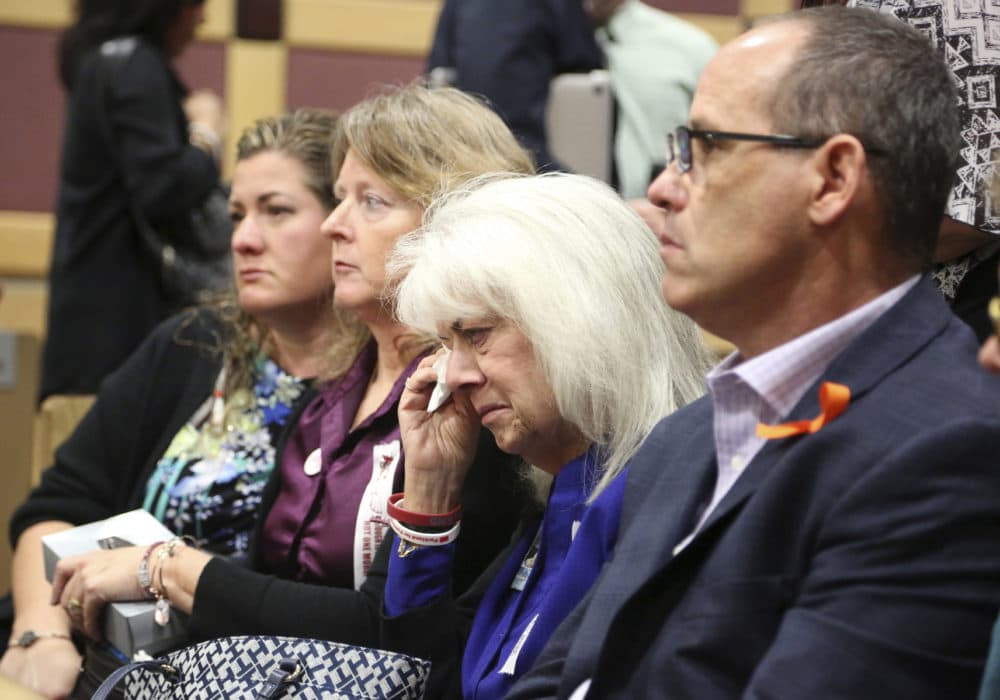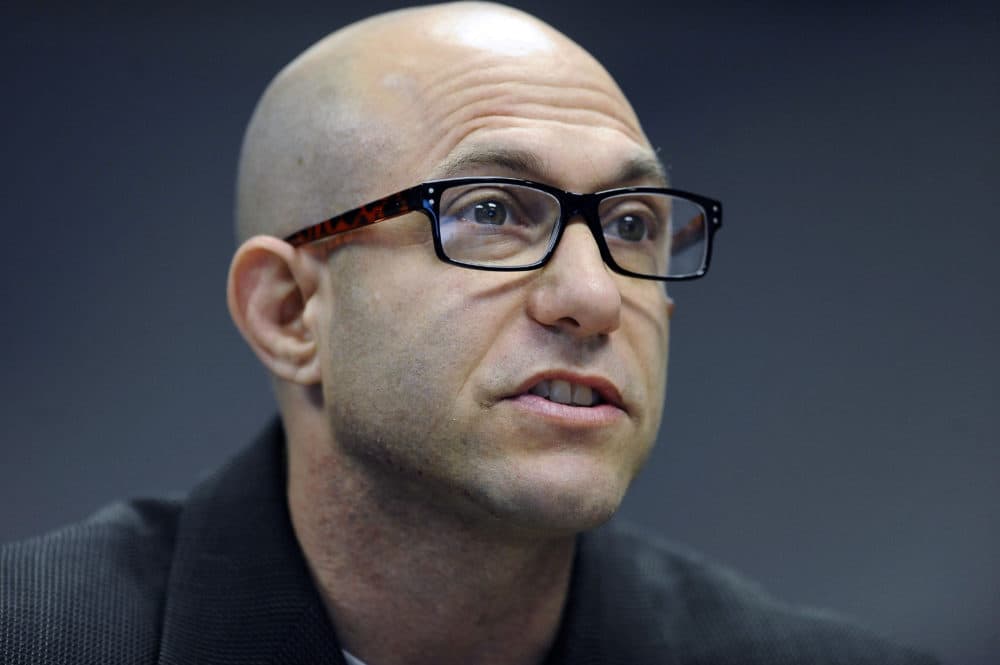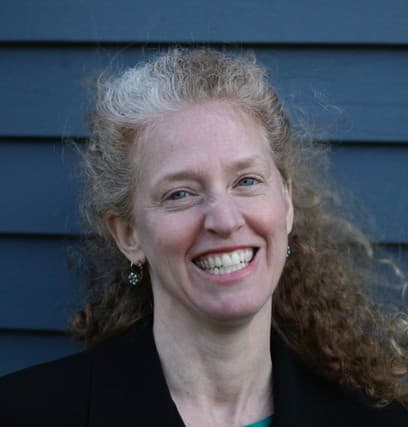Advertisement
Commentary
My Grandfather Was Murdered. 'Justice' Bound My Family To His Killers

I was heartbroken when I heard about the recent suicides in Parkland and Sandy Hook. But I wasn’t surprised. I know personally that survivors can experience profound pain decades after they lose a loved one to a violent death — especially if the alleged killer lives — pain that extends beyond the anguish, anger, fear and guilt of the initial loss.
In 1977, when I was 11, my grandfather, Dr. Hans Wachtel, was shot and killed in Chicago’s Hyde Park neighborhood as he got into his car before work. My family was shocked and devastated. But we also had so many questions. Who shot him? Why?
After many weeks with no clues, a woman who worked as a prostitute came forward to say she knew the two men who had shot my Grandpa Hans. The men were arrested. They implicated a middleman, who implicated another doctor in my grandfather’s practice. Apparently, my grandfather had realized that the other doctor was committing Medicaid fraud — and endangering poor women’s lives — by performing unnecessary surgeries. When my grandfather threatened to expose the other doctor if he didn't stop, that doctor paid the middleman to arrange my grandfather's murder.

I can’t imagine the agony my parents and grandmother felt sitting in the courtroom near the two men who shot my grandfather. One of them, Beto, gave my grandmother the finger as he was led from the courtroom one day. (I've always hated saying the shooters' names; here I use only their last names to differentiate between them.) He yelled and violently knocked over the defendant’s table when his guilty verdict was announced. The other man, Zamp, wrote multiple letters to my grandmother over the years, seeking her forgiveness and telling her that he had found religion in jail.
Things got worse when the middleman was found “not guilty,” possibly due to jury tampering. Days after his trial ended, two jurors told prosecutors that another juror had bullied the rest of the jury and refused to vote to convict. Without the middleman’s conviction, the other doctor was never brought to trial.
So for the past 40 years, Zamp has sat in prison. (Beto died in prison about seven years ago.) For decades, my family has sat before the Illinois Prisoner Review Board every few years, forced to listen to the grisly facts of my grandfather's murder in hearings to determine whether Zamp — and during his lifetime, Beto — should be released on parole. Illinois didn’t have the death penalty or life in prison without parole when the men were convicted, so the judge sentenced them to 200 to 300 years in prison.
At the parole hearings, the state’s attorney’s office cited the legal precedents for keeping Zamp and Beto out of society. My grandmother, parents, brother and I cried as we struggled to tell the board who my grandfather was and the huge hole he left behind. There are currently 83 of these so-called “Class C Prisoners” — inmates who committed heinous crimes and were given, before 1978, indeterminate sentences — in Cook County, according to the state's attorney's office.
The court proceedings pulled my family apart. My mother became bitter that her out-of-state siblings weren’t more empathetic to the pain she and my grandmother endured with the trials, appeals, parole hearings and with rebuilding a daily life without my grandfather. Her sister ultimately broke with the family, saying it was too stressful, scary and bad for her health to focus on my grandfather’s violent death.
We are inextricably bound to our perpetrators -- drawn into their disturbing world of crime, violence, greed, prostitution, drugs, mental illness.
One of my biggest questions these past 40 years has been what punishment is “fair” and “just.” I felt responsible that Zamp remained in prison. Would he be paroled if our family said we “forgave” him? I felt a wave of relief when I told this to the prosecutor and she said the state would vigorously oppose parole regardless of our family’s decision. I also felt angry that I devoted so much emotional energy to worrying about Zamp's imprisonment and my role in his future. Why did I think of him as a human being when he couldn’t be bothered to recognize the humanity of my accomplished and altruistic grandpa?
These unfair, weighty questions further burden many crime victims. Why did the family of Martin Richard, the young boy killed in the Boston Marathon bombing, have to struggle with the ethics and politics of the death penalty when they were already mourning their son’s tragic death? The Richards chose to vocally oppose the death penalty, unlike other Marathon bombing victims’ families who wanted the bomber put to death. Similarly, rape survivors often feel responsible — and have been outright blamed — for the harm their rapists suffer after their allegations are publicized. We are inextricably bound to our perpetrators — drawn into their disturbing world of crime, violence, greed, prostitution, drugs, mental illness.
I don’t know the answer to these weighty questions about justice. But I’m hoping they'll stop consuming me. Zamp was paroled last November, after he had served less than a quarter of his 200- to 300-year sentence. Now all I can do is pray that he doesn’t harm anyone else and that he lives out the rest of his life in peace — but also, that he doesn't forget what he did: He murdered a wonderful man.
